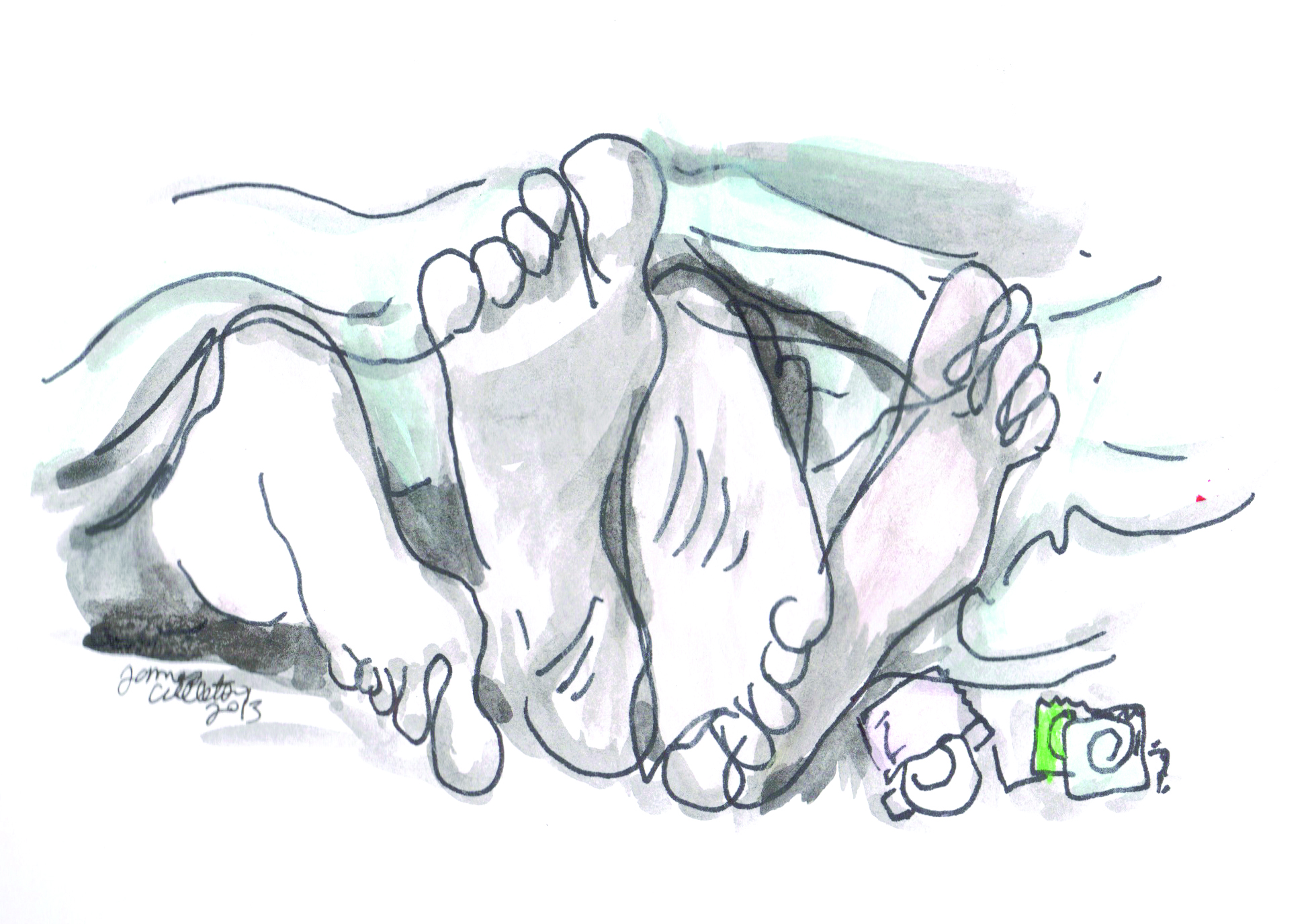A U of M professor said she feels “offended and betrayed” after being offered several severance packages from university administration after filing a sexual harassment complaint against a fellow faculty member that was later substantiated.
Clea Schmidt, a curriculum, teaching and learning professor in the faculty of education, has been working at the U of M since 2004 and was promoted to professor in 2017.
Schmidt filed a sexual harassment complaint against another faculty member in December 2017.
In June 2018, after a formal investigation, U of M administration accepted an investigator’s decision substantiating Schmidt’s sexual harassment complaint.
Schmidt said it was then that she began to receive severance offers from the university that she said increased in monetary value.
“It wasn’t upon my making allegations of sexual harassment that I was first offered a severance package — it was once the allegations were formally substantiated that university administration began offering me severance packages,” she said.
“They’ve made several offers that have increased each time, and I have had to communicate to university administration that I consider these repeated severance offers a form of workplace harassment in itself.”
In an emailed statement, U of M spokesperson John Danakas said the university would not speak about the case.
“The university cannot speak to specific personnel matters. The circumstances described do not align with university practice.”
In an additional statement after press time, Danakas said the university “is committed to promoting and supporting a respectful work and learning environment and is constantly reviewing its procedures, protocols, and practices to encourage individuals to bring their concerns forward so that they can be addressed.”
Schmidt said she began receiving severance offers for her during the grievance process, after her complaint had been substantiated by the university. She said she filed four grievances because there were four separate issues concerning how the case was handled.
Filed grievances and formal complaints are two separate processes. While a formal complaint involving sexual harassment would be filed under the Respectful Work and Learning Environment policy, grievances are filed through the University of Manitoba Faculty Association (UMFA), against university administration and require an arbitration panel.
The grievance process also includes a negotiation process and Schmidt said she has filed several requests through her UMFA representative.
She said her personal requests have included a paid term where she did not teach but offered to keep on other responsibilities she held, which included graduate student supervision and re-search obligations.
Schmidt went on medical leave in April and May 2019, but said she felt the additional time off would be beneficial to her overall health.
“This would help me recover some of the lost time fighting this case,” she said, “it would help me get back on an even keel, it would help recover my well-being.”
Schmidt said it was then that administration countered with proposed “exit packages.”
“That was when they first introduced the idea of a six-month severance package, and since then, the idea’s come up a few more times,” she said.
“And they’re up to two years’ salary in terms of the severance, that was their most recent offer, so it’s escalated as time has gone on.”
She suggested this was, at least in part, due to her vocal criticism of the university’s approach to dealing with sexual violence. When the sexual violence report was released to the public in October, Schmidt was one of several people who spoke critically of the university administration during the question period.
“There’s reason to be concerned that the university is attempting to silence criticism,” she said.
Danakas said while the university “might” offer severance during a grievance negotiation, there is no obligation for the university to present or decline any offer and pushed back on the accusation of silencing.
“The grievance process is an entirely unique process, and talking about severance to silence, that’s not anything that the university is involved in,” he said.
“It may be involved in a negotiation to resolve a grievance.”
Schmidt has been featured on the university’s official news site, UM Today, since the complaint.
Schmidt said all four of her grievances were denied by the university, and that they have now been pushed to arbitration.
Her arbitration case will not be heard until October 2020.
“We’re in this period waiting for arbitration, but the length of time it takes to arbitrate matters is part of the problem,” she said.
Schmidt says the most recent severance offer was “within the last month or so.”
“I’ve had to be very clear that if I was to resign my position as a full professor at this institution, I will initiate that conversation,” she said.
“But their repeatedly offering these to me is not appropriate.
“I’m a survivor of sexual harassment at this institution.”
Schmidt said the university has not done enough to educate, survey and protect faculty mem bers in their work on approaching the issue of sexual violence on campus.
“When you read that report, and all those recommendations, it’s very student-centred, and I think that’s to protect the brand,” she said.
“The students are the clients in this scenario, and we don’t want to turn off the clientele.”
She said her experiences have left her feeling skeptical of the sexual violence report and the restorative processes being taken on by the university.
“Trying to compel me to quit rides contrary to the university’s stated claim that it’s going to do better.”




